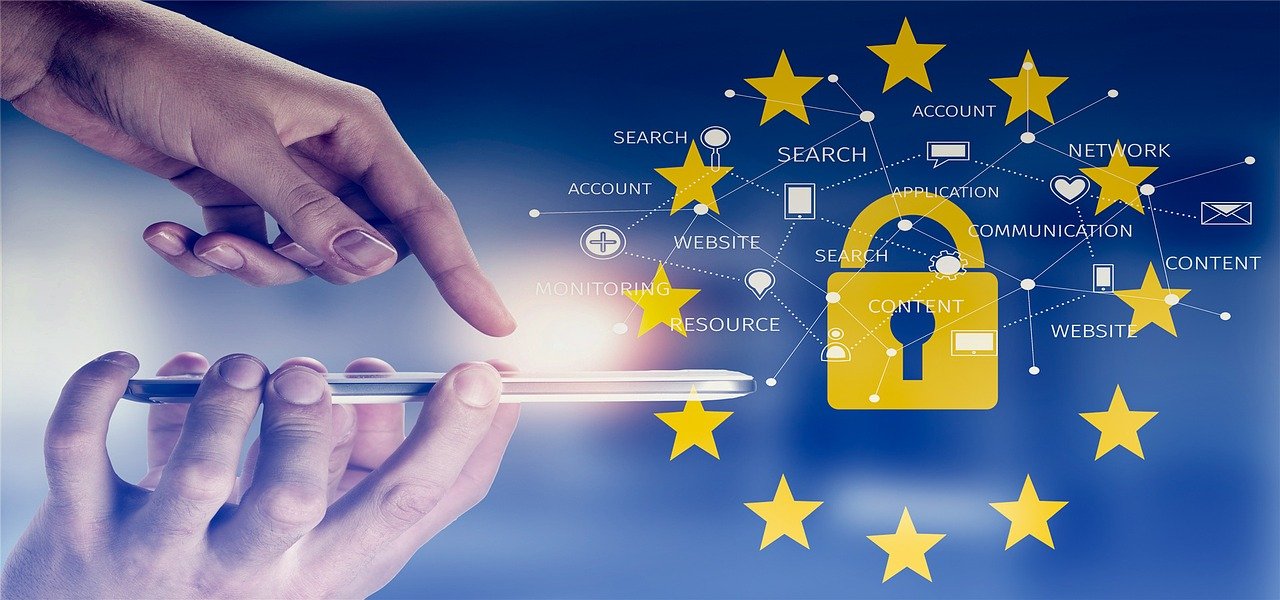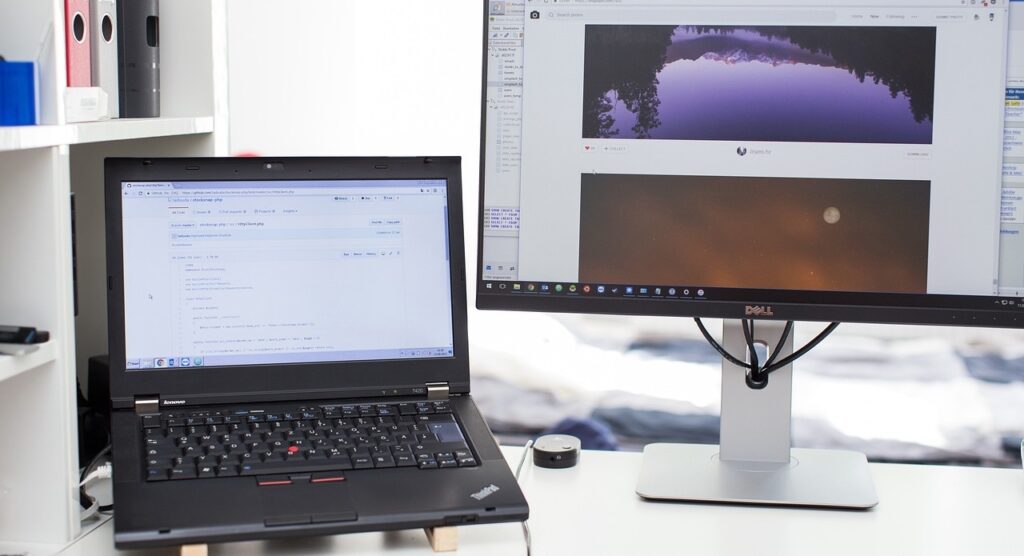
When using an unprotected public network, such as one found at an airport, a shopping mall, or a coffee shop, we should utilize a VPN. It’s a program that lets us transfer data through an encrypted server’s filter, creating a virtual tunnel that keeps us safe from the most nefarious acts based on our IP addresses. There are numerous possibilities open to us, and we need someone to guide us. VPN Overview displays the best options for our requirements.
VPN that is simple to use
While we all want to add more protection to our lives, some security gadgets and processes appear to require more work for individuals who are tech-phobic.
VPNs, on the other hand, are simple to use.
Several vendors have designed user-friendly interfaces that allow non-technical people to install and operate their products.
The VPN is accessible from any device.
While many of us may start with a VPN on a company-issued laptop, many VPN services also secure other smart devices including phones, tablets, and desktop computers.
Although each VPN for Windows provider may have slightly different protection plans and capabilities for protecting different devices, many provide solutions that enable you to protect yourself across many devices.
Browse to save money.
A VPN’s location spoofing features can help you save money if you’re prepared to do some research.
Many businesses, such as subscription services and airlines, charge varying prices for the same services or products.
You can save a lot of money if you change the look of your location to one where services are offered at a lower cost.
What are the VPN’s limitations?
While a VPN free is an excellent tool for separating your location (and, in many ways, yourself) from your data, it does not hide everything about you.
If you take a quiz on Facebook or like an Instagram post while connected to a VPN, the app you’re using can still utilize your actions to tailor adverts and in-app content.
Even if they don’t know where you’re browsing from, they’ll be able to see what you’re doing on their apps.
Companies can also track you while you’re on their site and afterward if cookies are enabled on your computer. The best free VPN for Windows does not simply obfuscate your entire data. For more comprehensive security, combining the protection of a VPN with Tor, an open-source application that allows you to browse the web anonymously, and additional security measures is required.
VPNs aren’t without flaws.
They are vulnerable to malware and cyber attacks, just like any other computer application.
A VPN’s security features are compromised if it becomes corrupted.
Using a free VPN service increases the risk of assaults and security breaches. “Free” VPN providers can sell user data or show adverts that may be laced with malware to recoup business costs. Investing in a premium VPN is your best bet if you want to increase the privacy of your data.
If we want a tool that allows us to surf anonymously and prevents our data from being used for any type of activity, a private browser is a simple approach to achieve this goal, with one drawback: it is slow. In fact, because the activities you perform are hidden, navigation is significantly more difficult.


